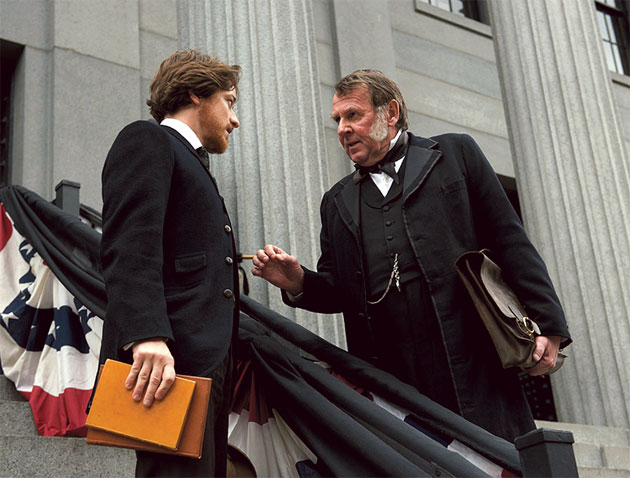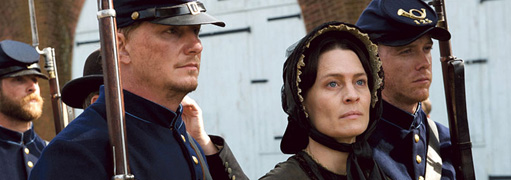Film Review: Robert Redford’s True-Life Historical Drama The Conspirator Teaches, Preaches, With Speeches
True-Life Historical Drama Teaches, Preaches, With Lots Of Speeches


“As the great Axl Rose once said

what’s so civil ’bout war anyway?”


